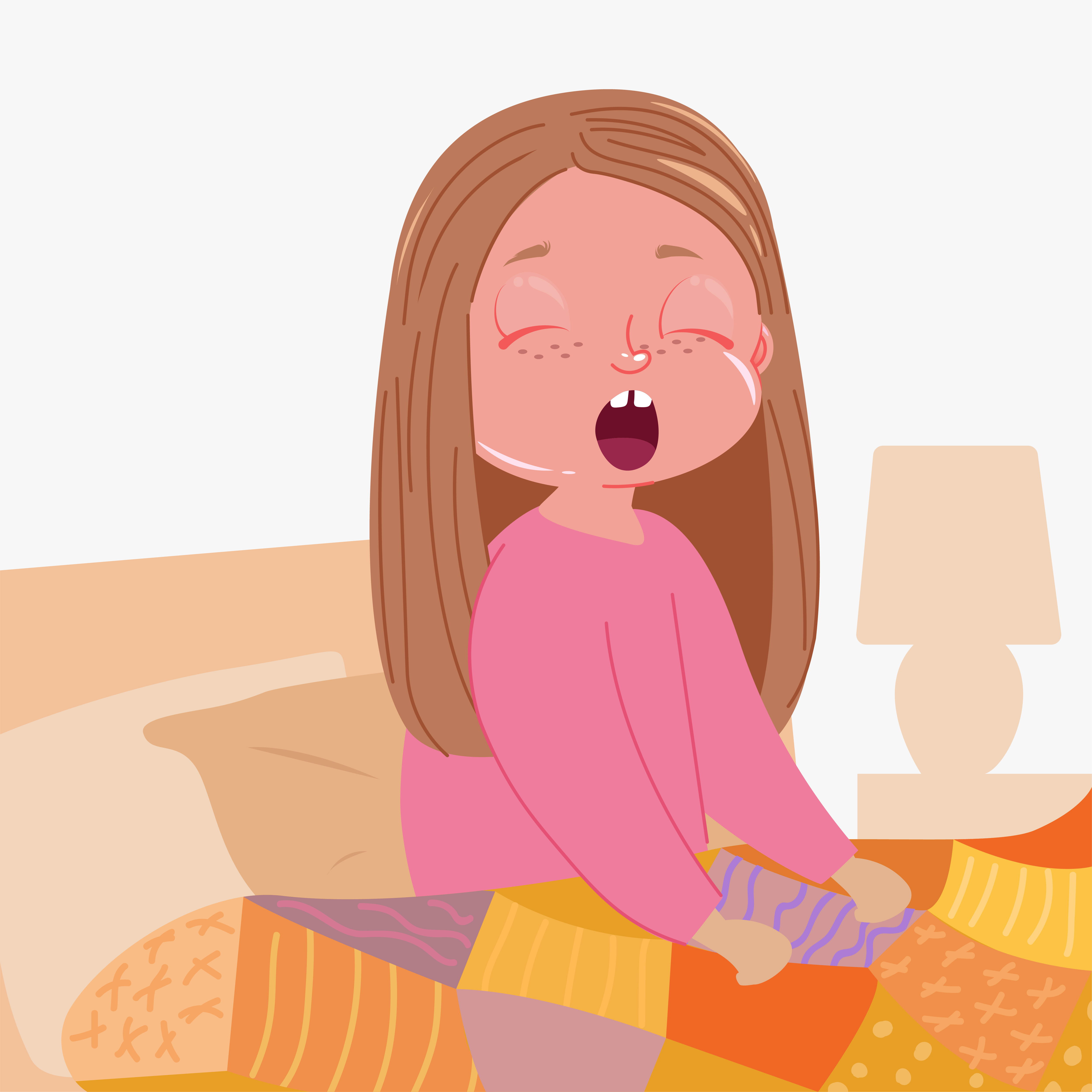
Feeling anxious throughout the day can also cause daytime fatigue.Ĭhronic fatigue syndrome (CFS) is a condition characterized by extreme tiredness that may prevent people from getting out of bed. People may also feel excessively tired when they wake up.Īnxiety can affect a person’s ability to fall asleep. Iron deficiency anemia can cause people to feel run down and tired during the day. Treating the underlying condition should improve the quantity and quality of sleep. Individuals who experience symptoms alongside morning or daytime tiredness may have an underlying health condition that is impacting their sleep. It can occur during sleep.Ī person who grinds their teeth while sleeping may experience one or more of the following symptoms: Bruxismīruxism is the medical term for grinding or clenching the teeth. PLMD disrupts sleep and leads to morning tiredness that may persist throughout the day. These repetitive limb movements occur around every 15–40 seconds. PLMD mainly affects the lower limbs, causing muscle twitches and jerking movements. Periodic limb movements disorder (PLMD) occurs when a person periodically and involuntarily moves their limbs during sleep. This can disrupt a person’s sleep, making them feel tired during the day. This urge is typically due to uncomfortable crawling or creeping feelings in the feet, calves, or thighs. Restless legs syndrome is a sleep movement disorder characterized by an uncontrollable urge to move the legs.

Not getting enough exercise: Getting regular exercise can help promote restful sleep.


having an uncomfortable mattress or pillowĪside from sleep hygiene, several lifestyle and dietary factors can impact sleep and cause a person to wake up tired.having a sleeping environment that is too hot, too bright, or too loud.looking at phone or computer screens before going to bed.not having a regular bedtime routine, which includes consistent sleep and wake times.Examples of poor sleep hygiene practices include: Poor sleep hygiene can result in poor quality sleep. Sleep hygiene refers to habits that help a person have restful sleep. (The prefrontal cortex is the part of the brain involved in decision making and self-control.) This may contribute to sleep inertia. The same report indicates that the prefrontal cortex can take longer than other areas of the brain to become fully active after waking. The cause of sleep inertia is not entirely understood. Research shows it takes around 15–30 minutes for alertness to reach pre-sleep levels. It occurs when a person wakes suddenly from a deep sleep. Sleep inertia refers to the cognitive and sensory-motor impairments that take place immediately when waking up. They range from lifestyle factors to medical conditions, and some are listed below.

There are several possible causes of tiredness on waking. Share on Pinterest Sleep inertia is a possible cause of waking up tired.


 0 kommentar(er)
0 kommentar(er)
